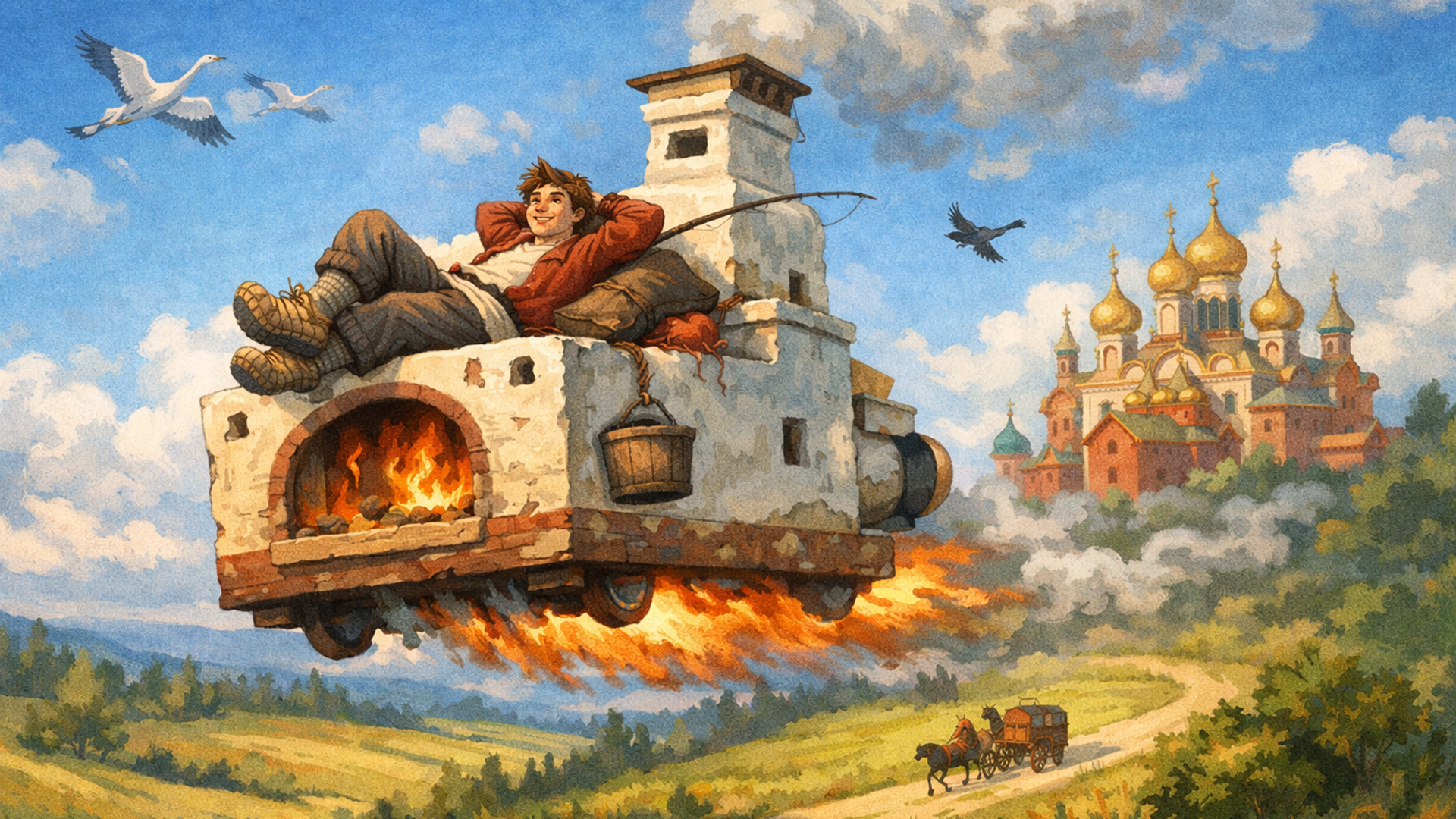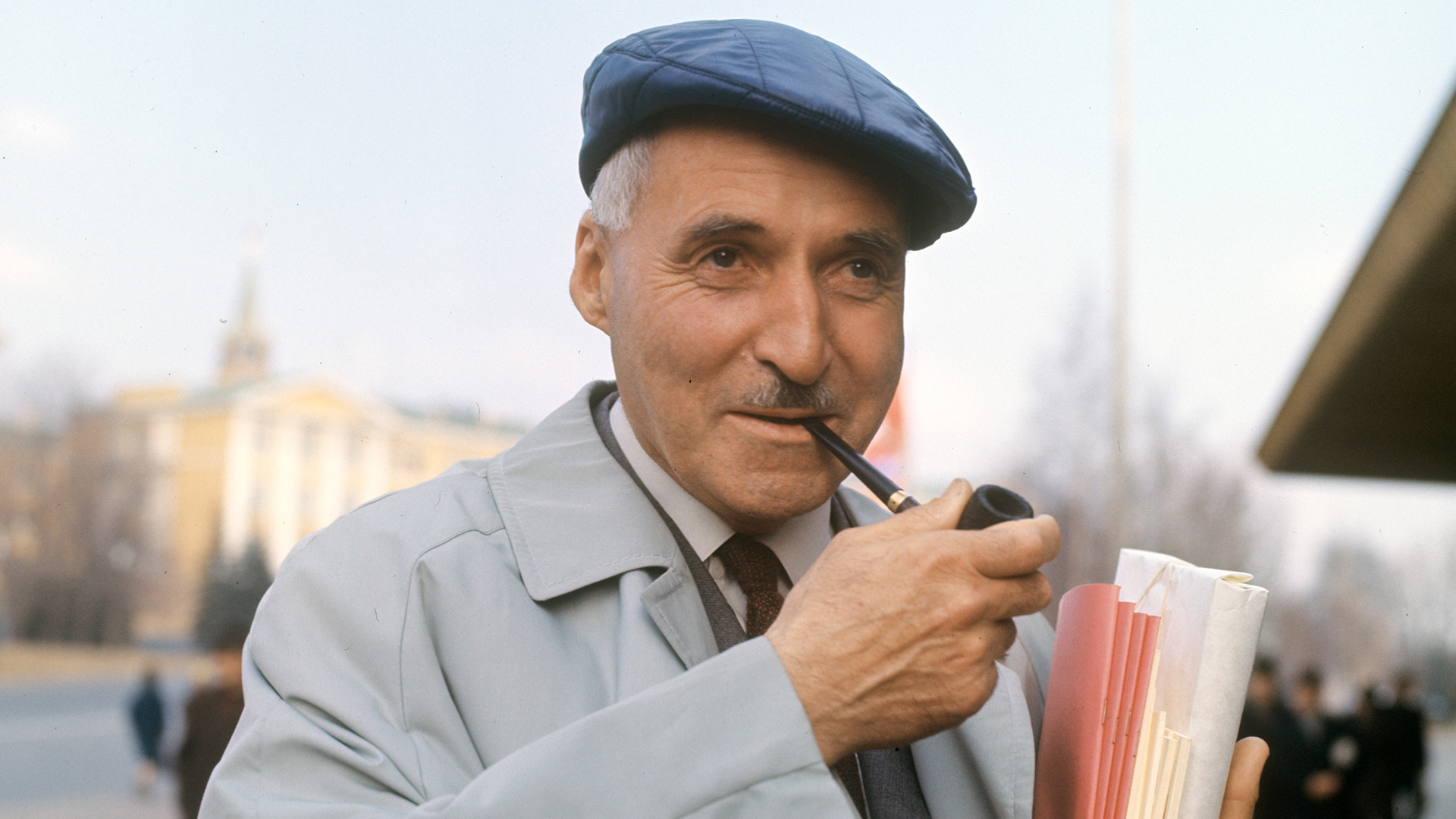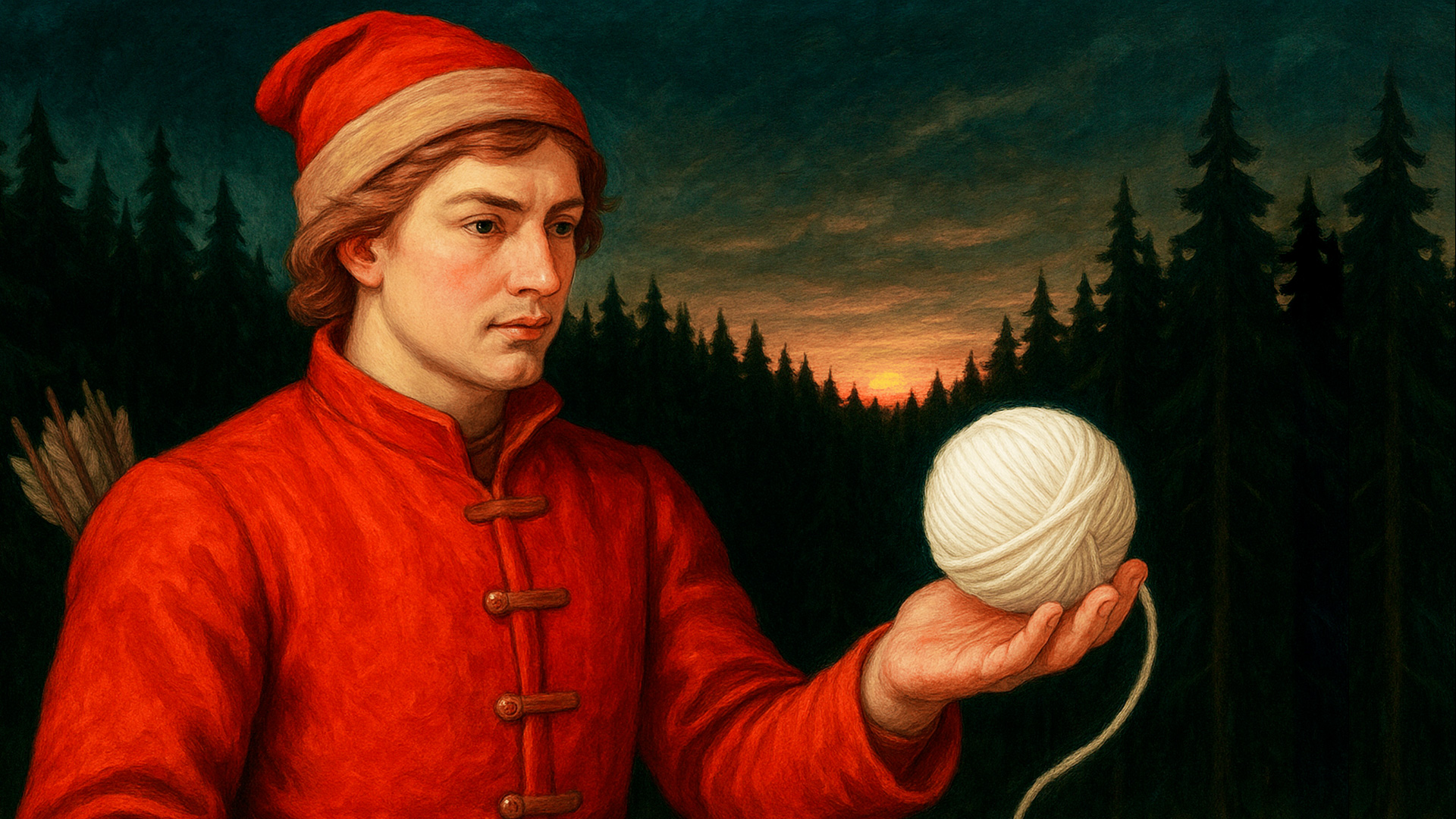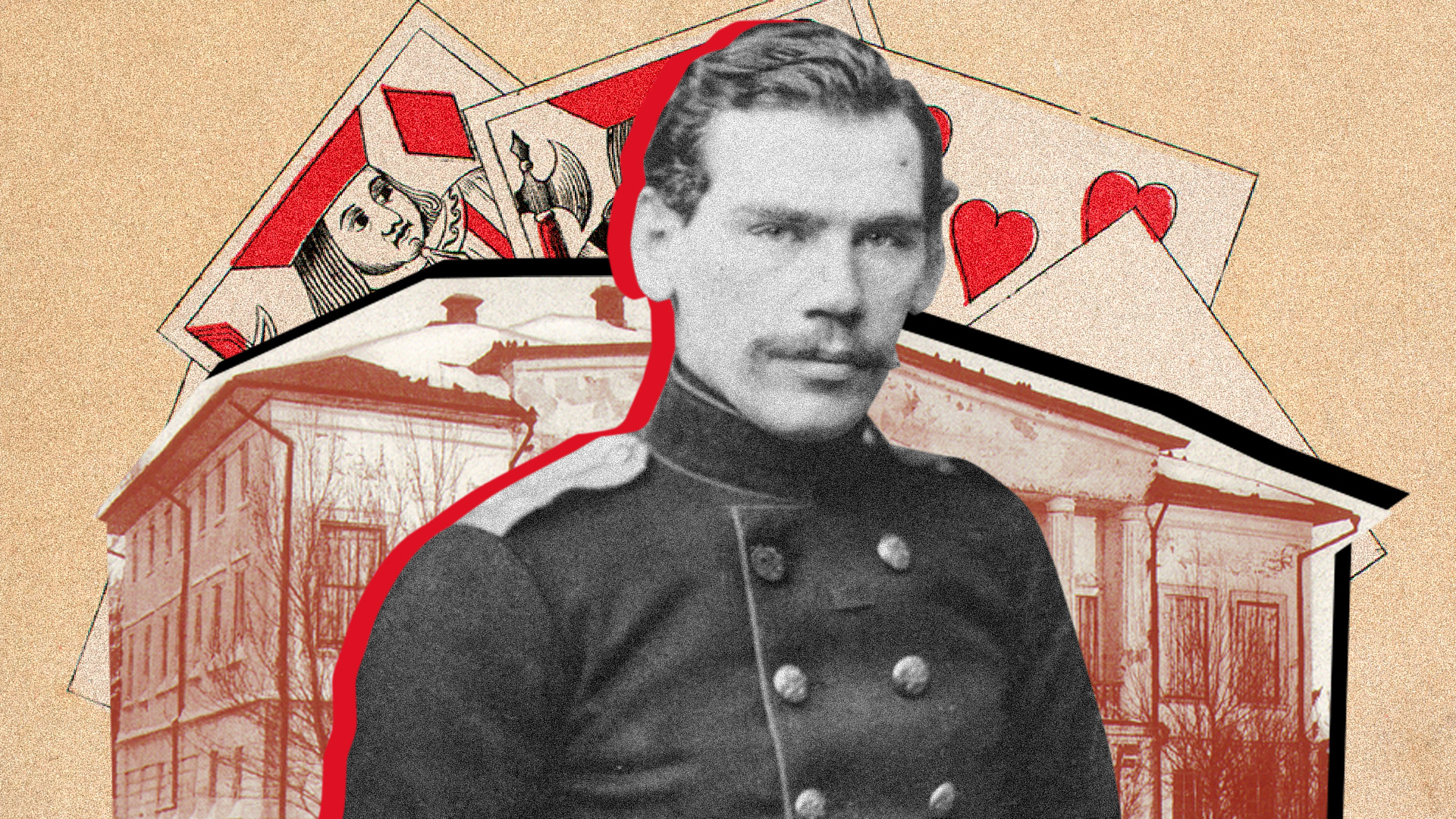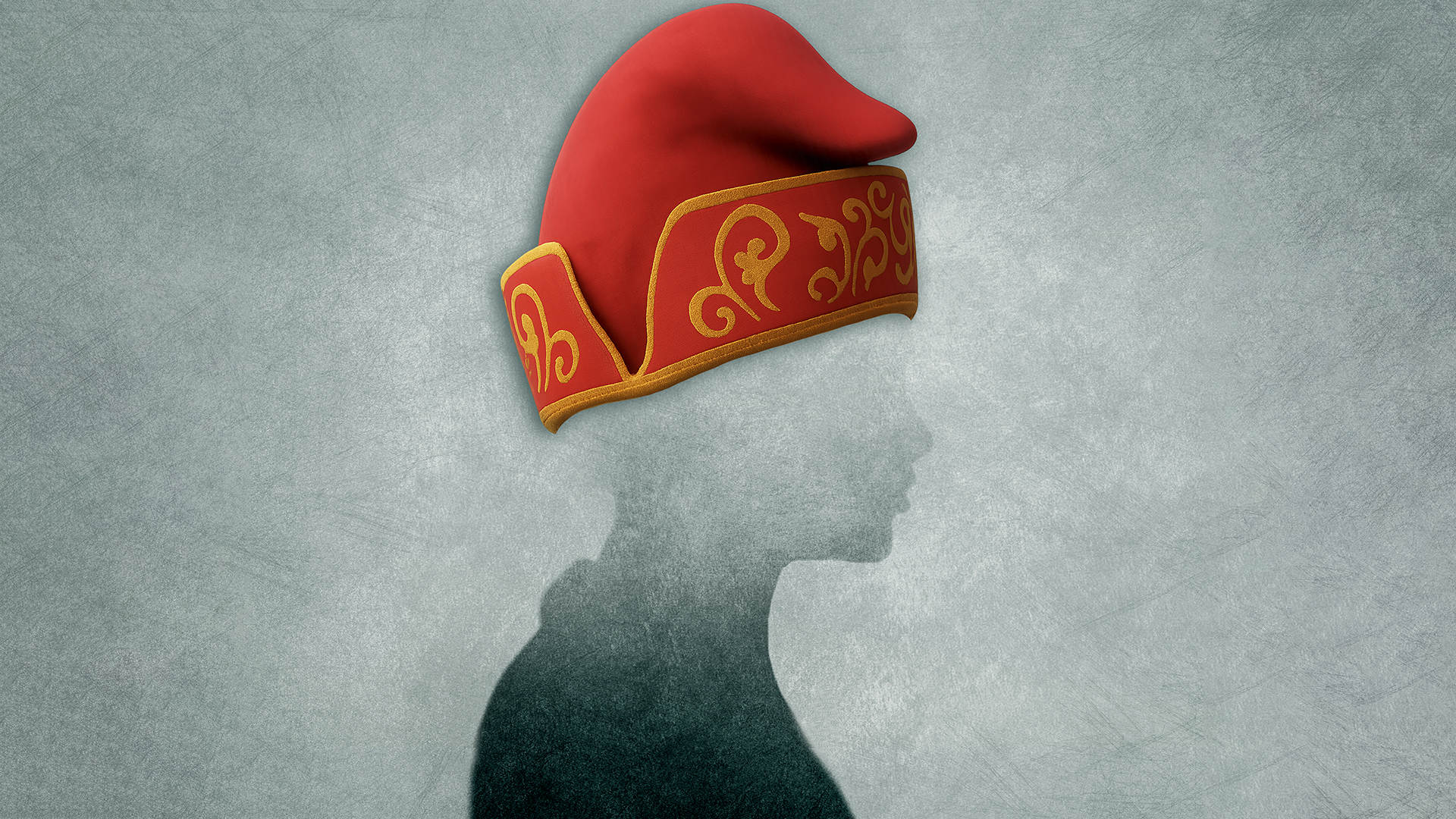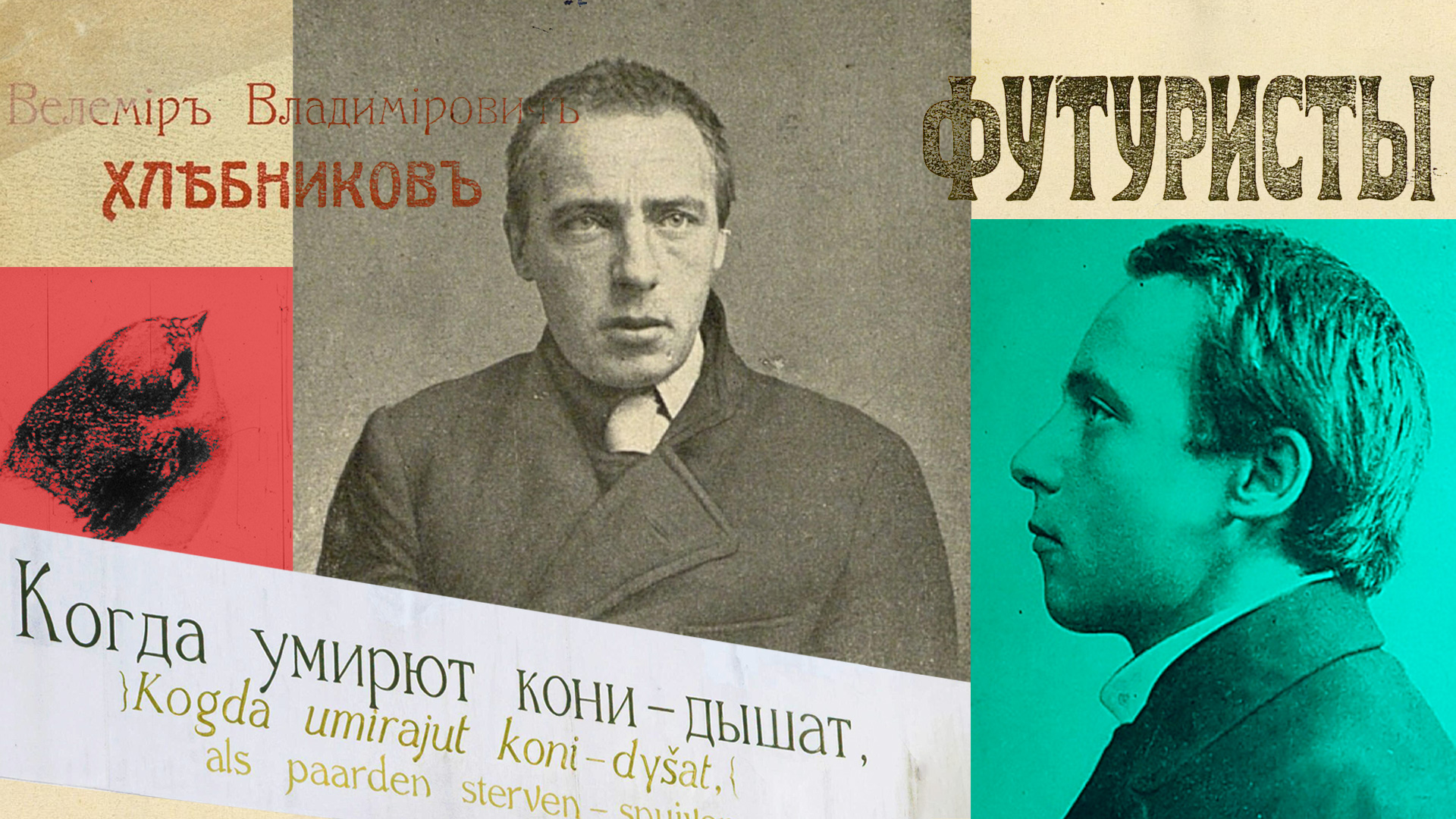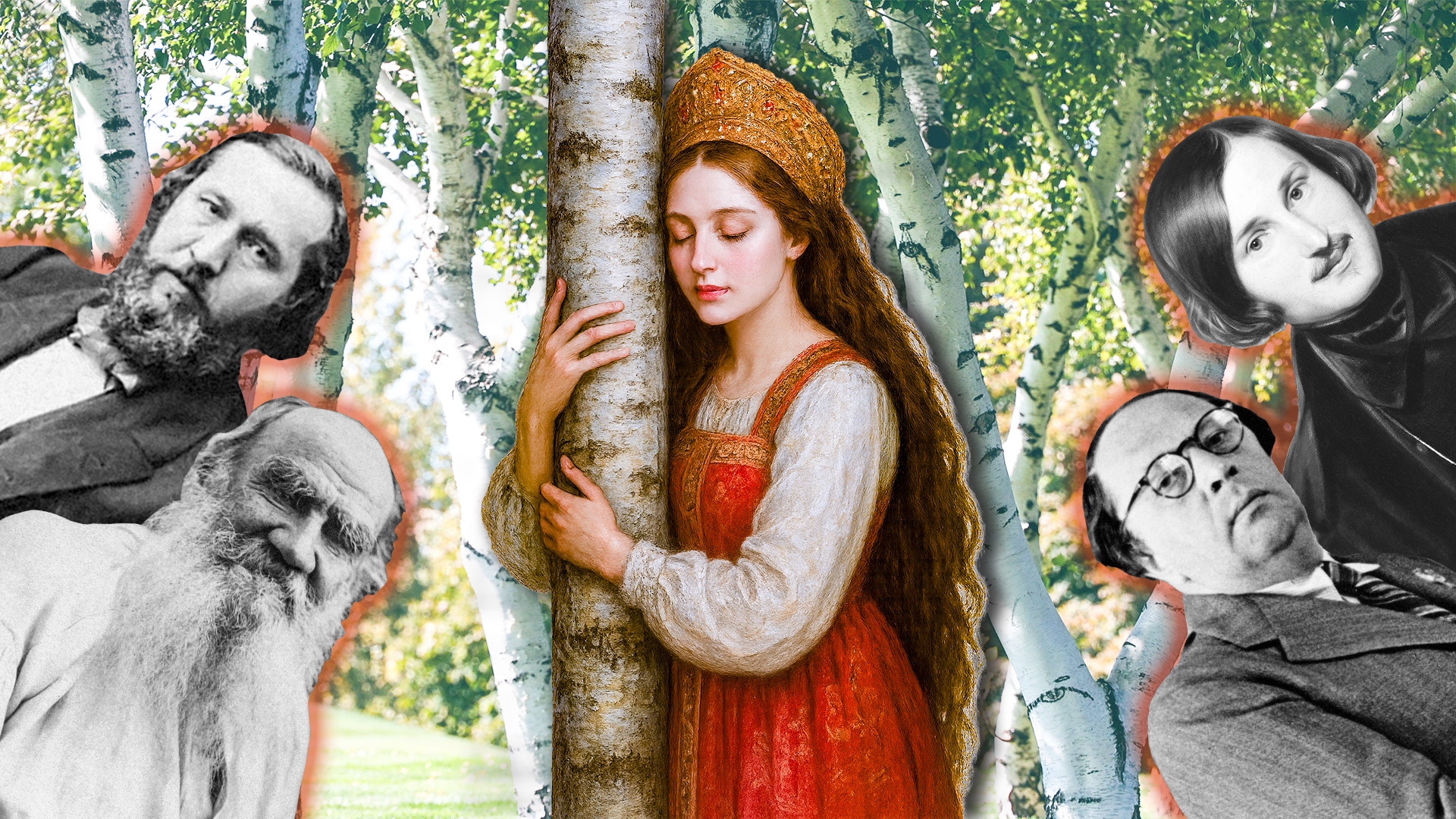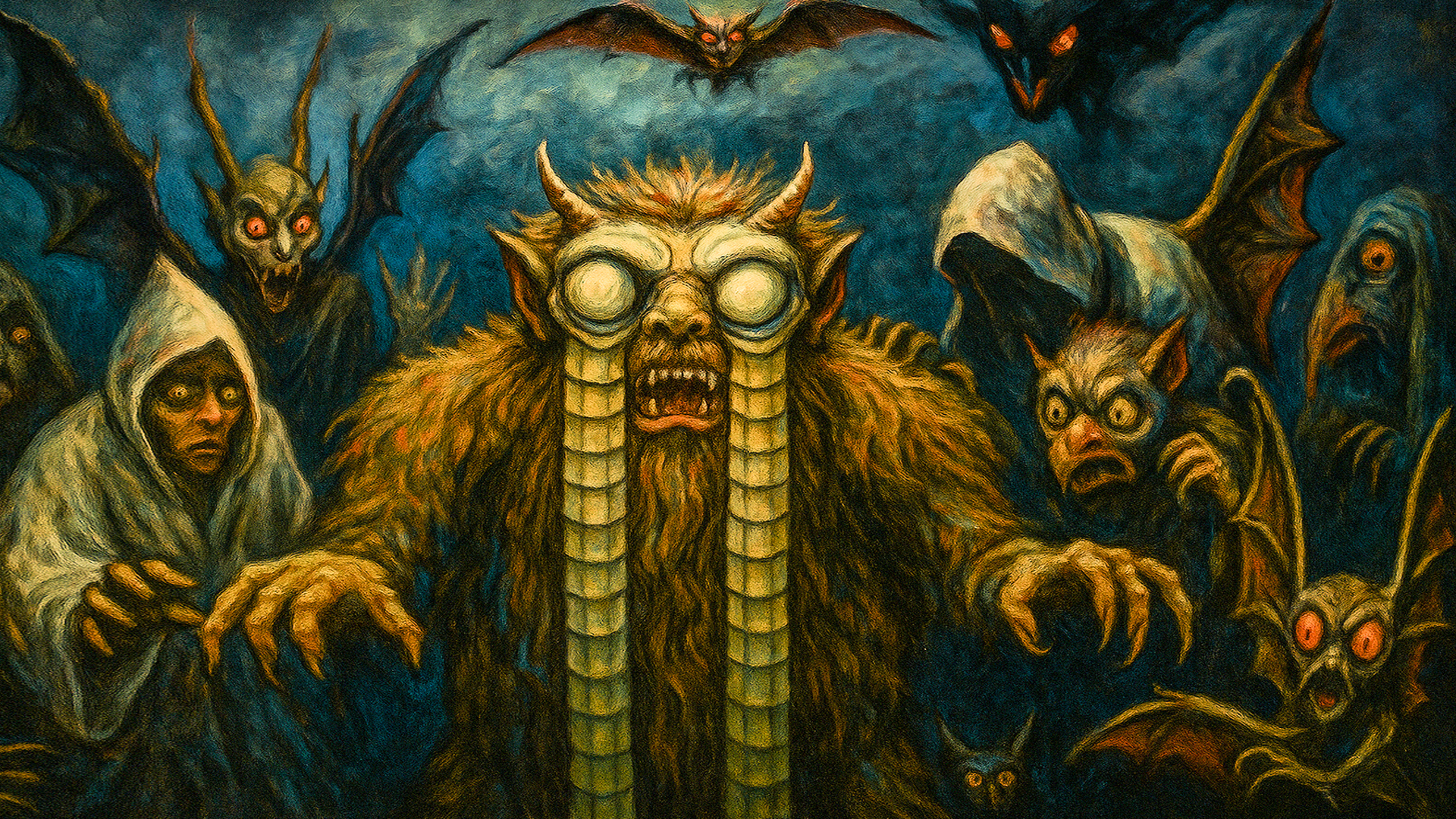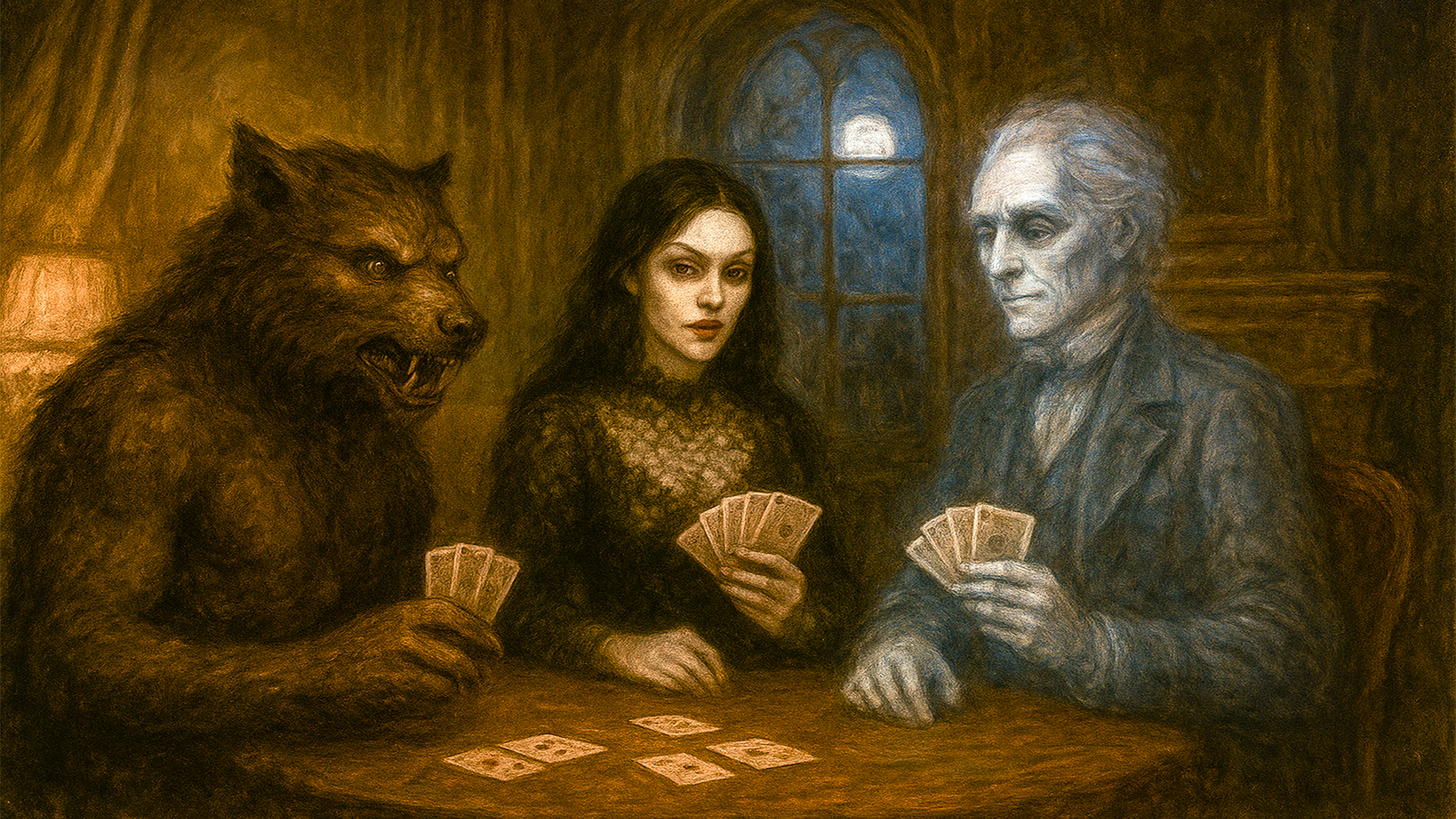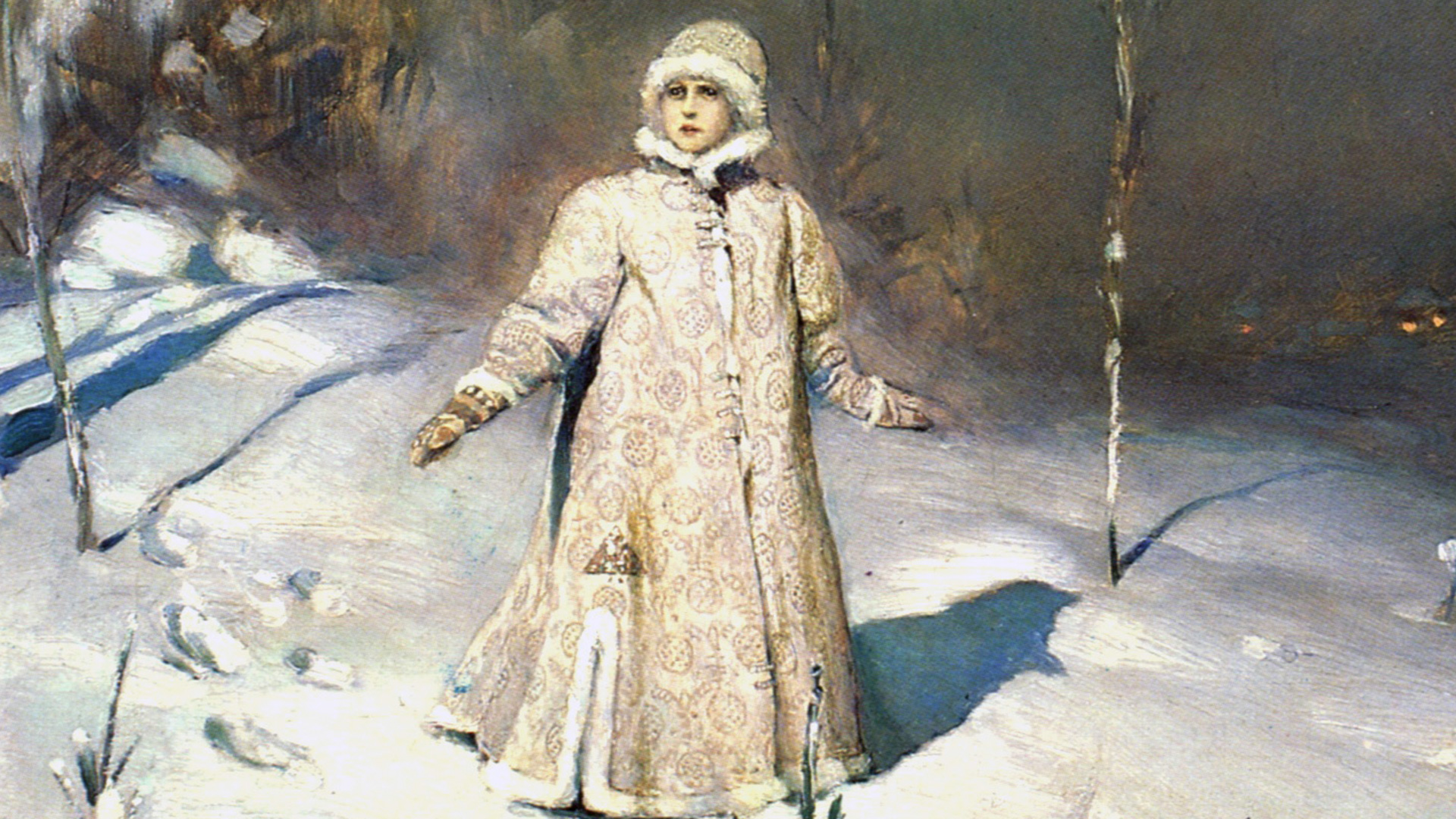
What’s ‘lieutenant prose’ and how did it appear in the USSR?
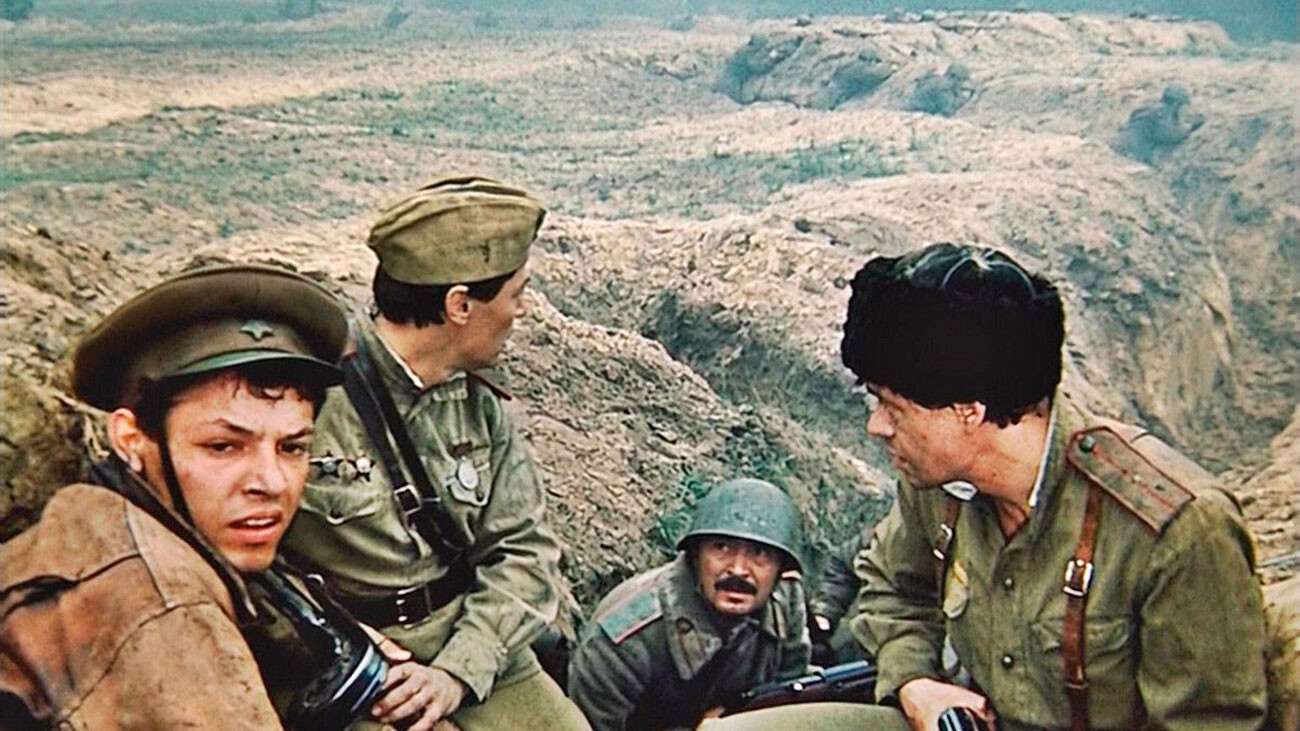
Russian literature has a rich tradition of military prose, because many writers of the 19th century were in military service. Moreover, one of the oldest works of Russian literature, ‘The Tale of Igor's Campaign’, tells about an unsuccessful military campaign of the Russian army against the Polovtsians (aka Cumans or Kipchaks) in the late 12th century.
From Leo Tolstoy to the modernists of the early 20th century
Much later, works such as ‘Sevastopol Stories’ by Leo Tolstoy appeared. The writer was in military service and described the events of the defence of Sevastopol in 1855, which he witnessed with his own eyes. He is considered the first war correspondent and the founder of the so-called ‘lieutenant prose’. He spoke unvarnished about military actions, immersing the reader in the thick of events, described how the front looked like, how the city was after the hostilities, how the wounded suffered. His main message was the senselessness of war.
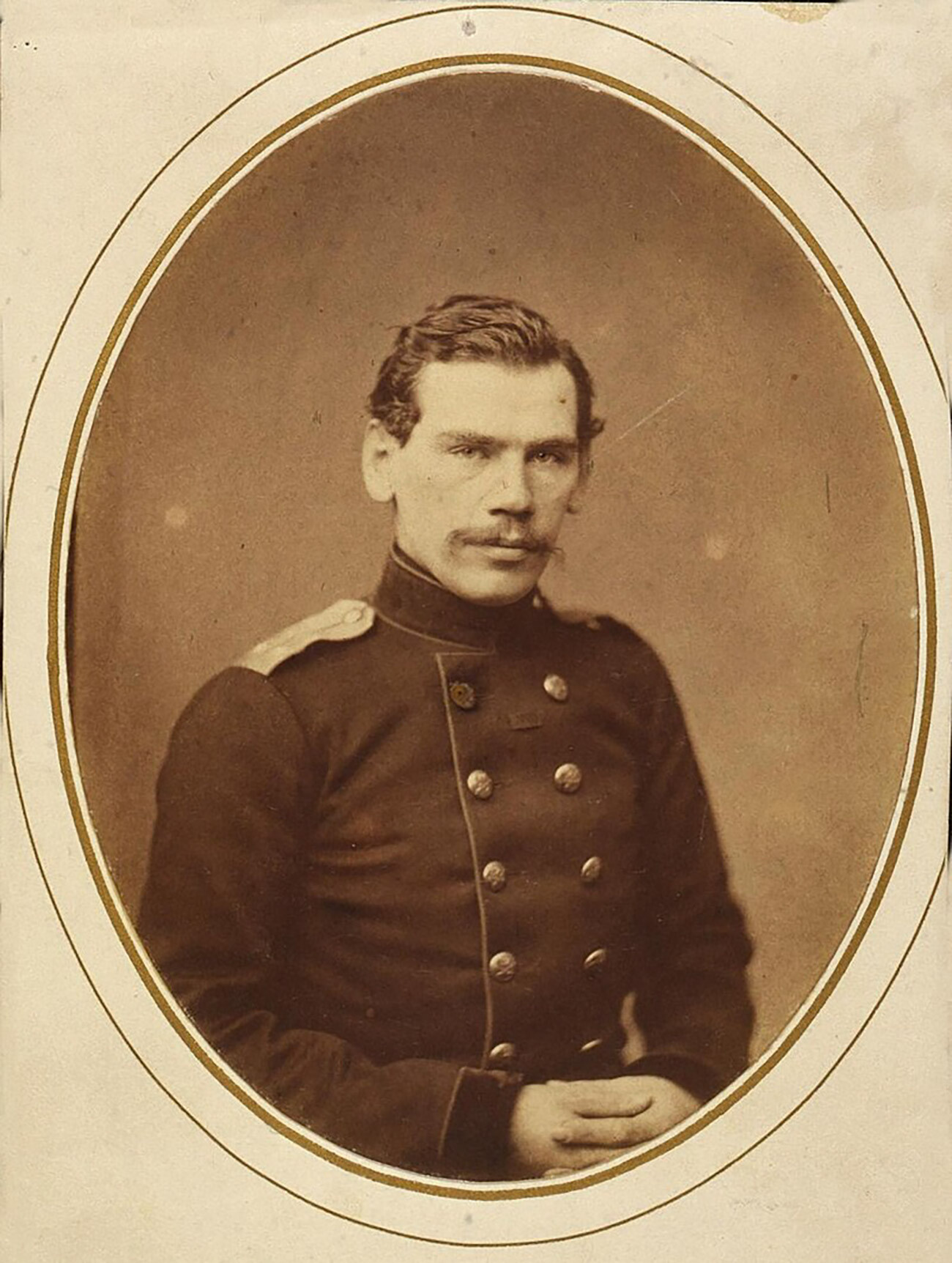 Leo Tolstoy in uniform of a participant of the Crimean War, 1856
Leo Tolstoy in uniform of a participant of the Crimean War, 1856
Critics believe that if not for this life and literary experience, Tolstoy would not have been able to describe the front scenes of ‘War and Peace’ so masterfully.
Later, Leonid Andreyev wrote a very strong modernist story titled ‘Red Laughter’ about the horrors of the Russo-Japanese war.
‘Trench truth’ about World War II
But, such a concept as ‘lieutenant prose’ was first talked about after World War II (or the Great Patriotic War, as Russians call it). This was both due to its scale, which affected every Soviet family, and to the fact that it was first war where most of the participants were literate. Almost everyone wrote letters to their relatives and could leave evidence of their experiences.
Literary scholars still argue about the origin of the term, sometimes attributing the authorship to writers (Yuri Bondarev or Viktor Astafiev) or critics (e.g., Igor Vinogradov).
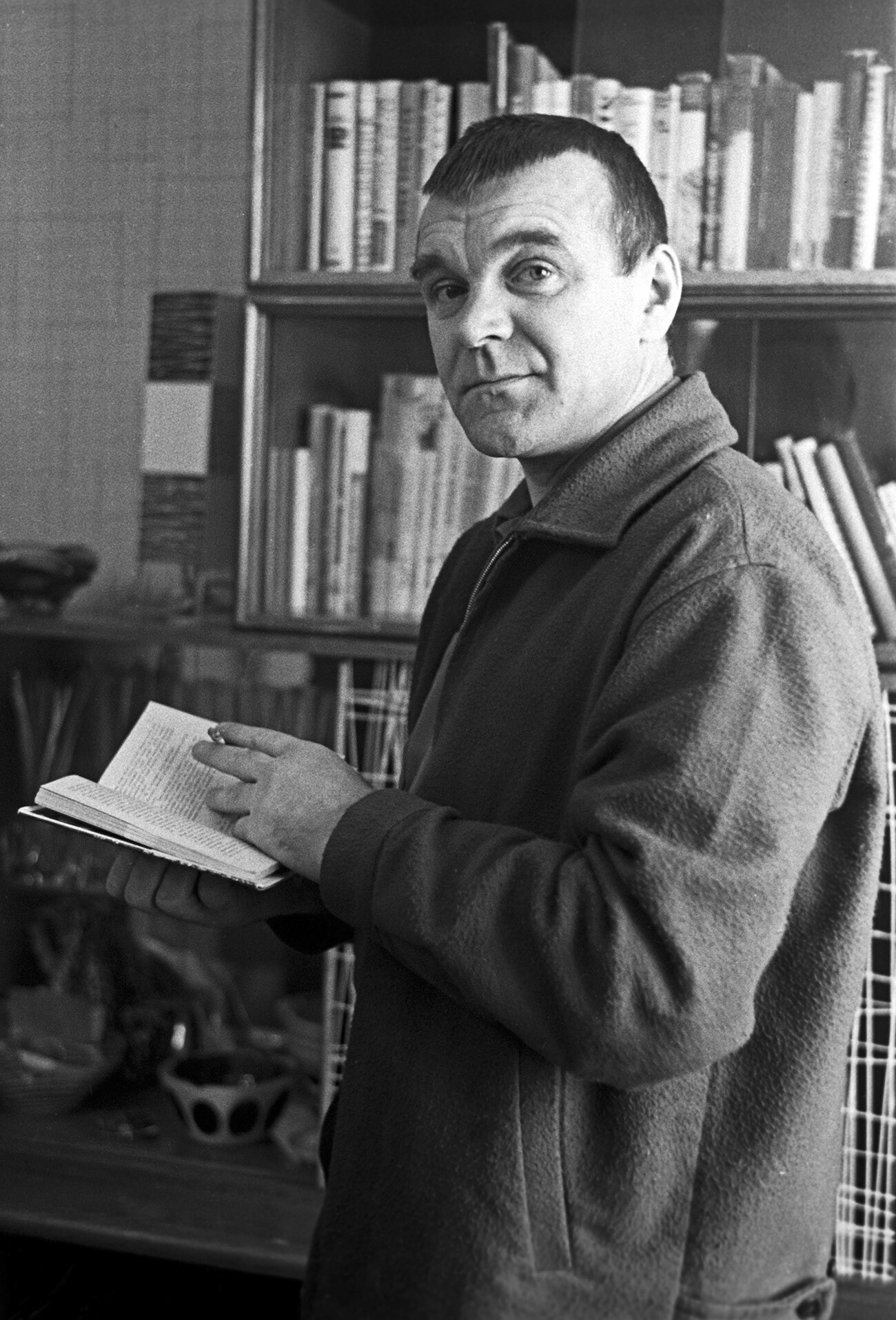 Soviet writer Yury Bondarev
Soviet writer Yury Bondarev
After the Victory, many people left their memoirs, from Marshal Zhukov and famous writers like Konstantin Simonov to junior officers. Sometimes, these ingenuous and far from highly artistic works brought the reader stronger emotions than the creations of professional writers.
As opposed to varnishing the war and depicting exclusively the triumph of the victorious nation, the lieutenants wrote about both the difficult “trench” moments, as well as the joys found even during the war.
“We were not afraid of tragedies, we wrote about a man who found himself in the most inhumane situation. We looked for the strength to overcome himself in him and, in hard times, we looked for good and tried to see the future. We depicted the war as we saw it ourselves, as it was,” noted Yuri Bondarev, one of the brightest representatives of the ‘lieutenant prose’.
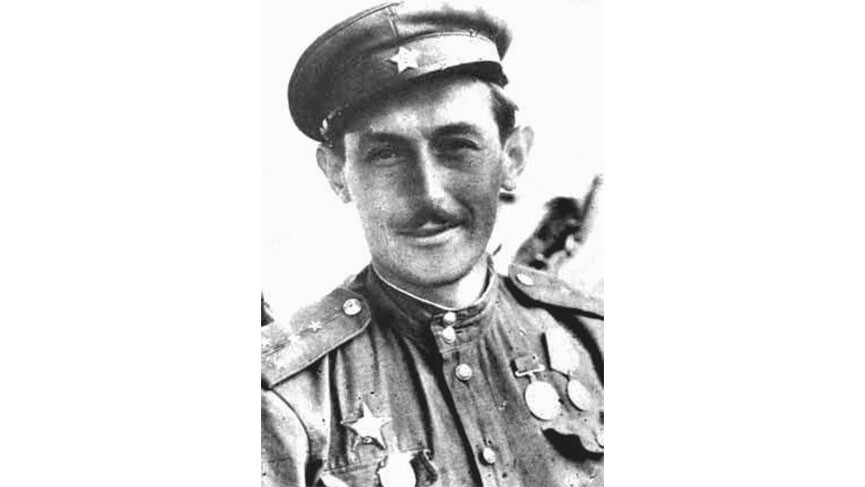 Viktor Nekrasov in 1945
Viktor Nekrasov in 1945
Right after the war, Viktor Nekrasov's novella ‘Front-line Stalingrad’ (literally ‘In the Trenches of Stalingrad’) resounded loudly. It was after this work that people started talking about ‘lieutenant prose’, which demonstrates the “trench truth”. Many writers praised the work and especially its proximity to real events. The story, published in the ‘Znamaya’ literary magazine, was read by Joseph Stalin personally, after which the author received the Stalin Prize.
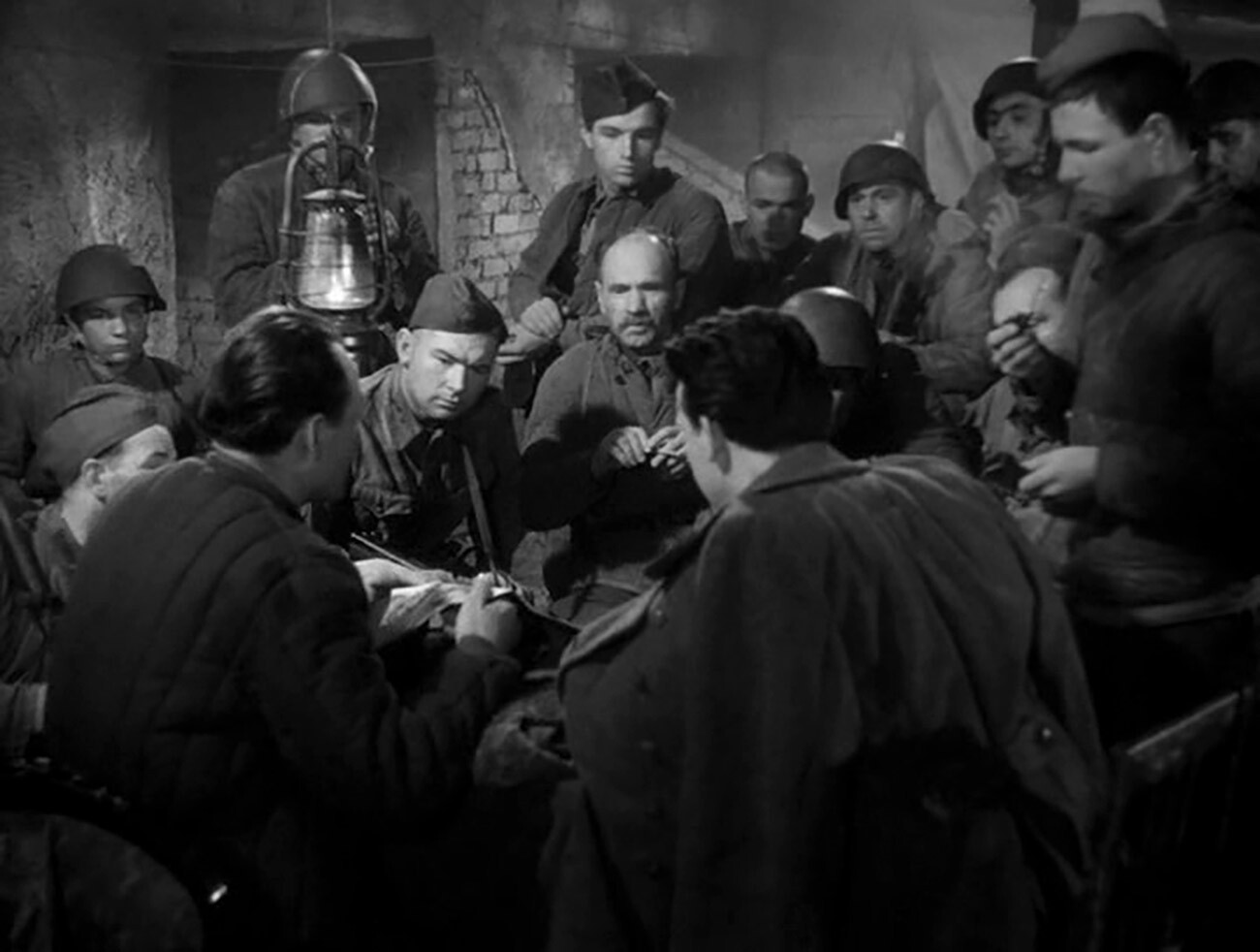 A still from “Soldiers”, film adaptation of “Front-line Stalingrad” by Viktor Nekrasov
A still from “Soldiers”, film adaptation of “Front-line Stalingrad” by Viktor Nekrasov
However, soon, the authorities began to fear that too much “truthful” evidence could have a detrimental effect on the heroization of Soviet front line soldiers and, in general, the role of the USSR and Stalin in the war and victory. Therefore, the already published works were put away in a special storage and new ones were no longer allowed to be published.
‘Thaw’s’ literary boom
It was only during the Khrushchev Thaw that more opportunities arose for the publication of new unvarnished testimonies (Although there were exceptions, and, for example, Vasily Grossman's epic ‘Life and Fate’ was banned).
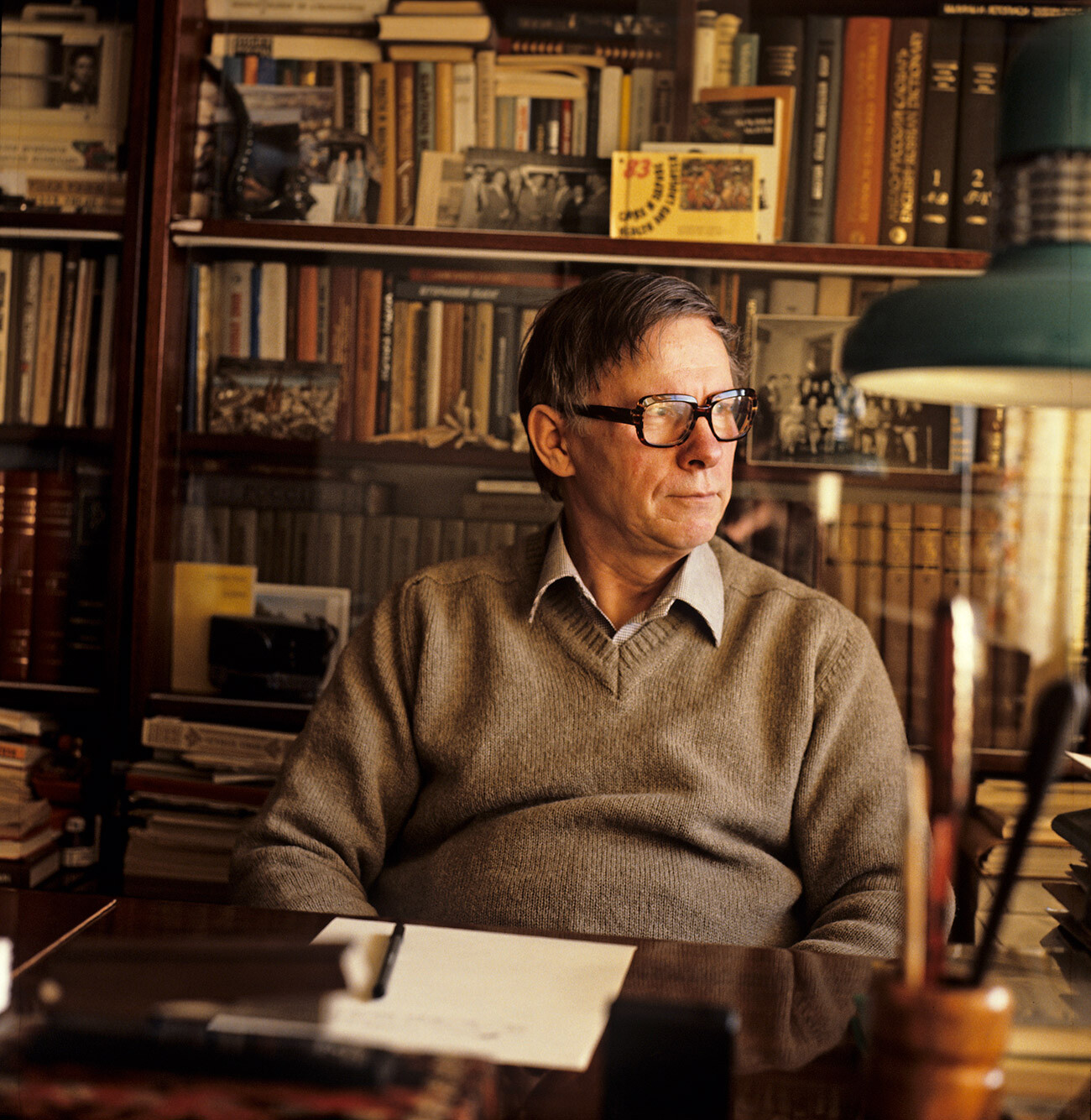 Vasyl Bykov in his house in Minsk
Vasyl Bykov in his house in Minsk
Other bright representatives of ‘lieutenant prose’, in addition to Nekrasov, were:
- Vasil Bykov. He wrote more than a dozen novels, among which were ‘The Third Rocket’, ‘To Live till Sunrise’, ‘The Obelisk’. Many of them were adopted for the big screen.
- Konstantin Vorobiev. He was even dubbed the “Russian Hemingway”. He was participant of the battle of Moscow in 1941 and reflected this experience in his most famous story ‘Slain Near Moscow’. In addition, he was held in captivity and wrote a story about it titled ‘Here We Are, My Lord!’.
- Yuri Bondarev. His ‘Battalions Ask for Fire’, ‘The Last Shots’ and ‘The Hot Snow’ were made into movies. The writer, who went through the whole war, graduated from the literary institute after the Victory and, in addition to prose, was engaged in scripts for war movies, including the epic ‘Liberation’ (1969-1972).
- Vladimir Kurochkin. A Siege of Leningrad survivor, who described his service in the tank army in the story ‘At War as at War’. It became very popular and, three years after its release, was adopted for the big screen.
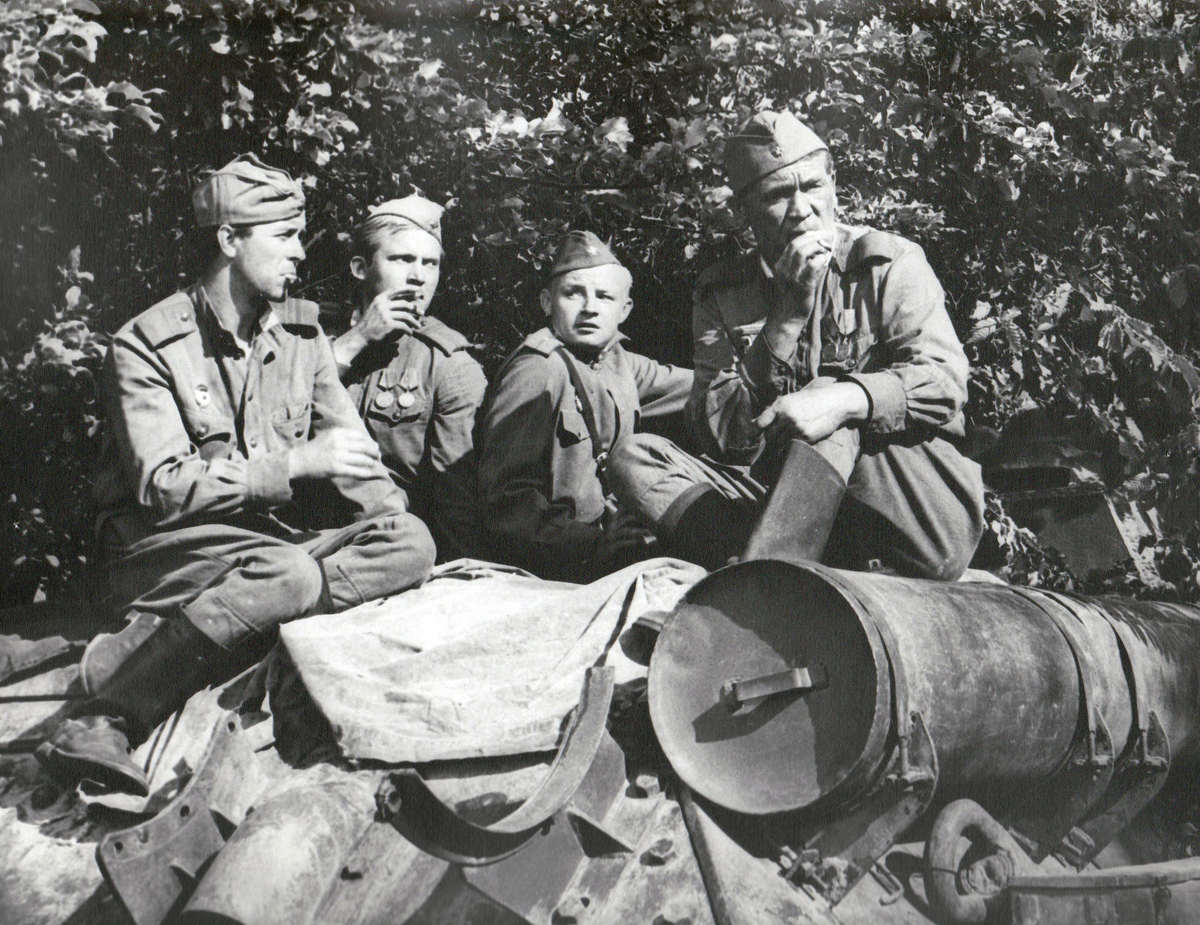 A still from 'At War as at War' by Vladimir Kurochkin's novel
A still from 'At War as at War' by Vladimir Kurochkin's novel



